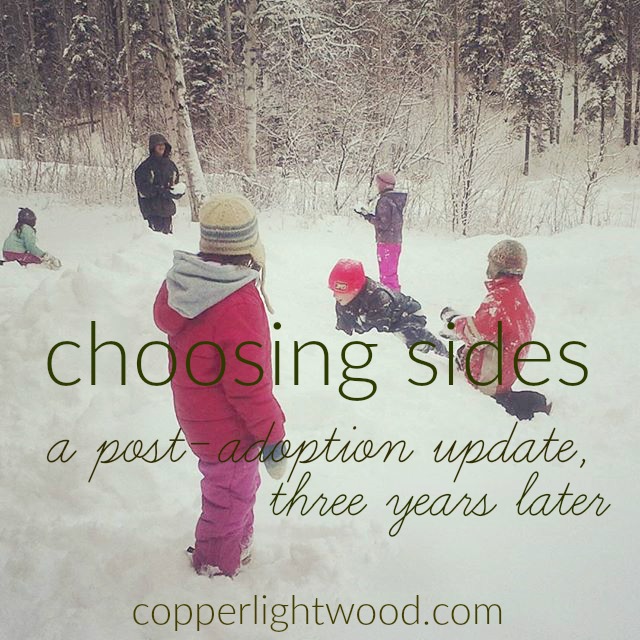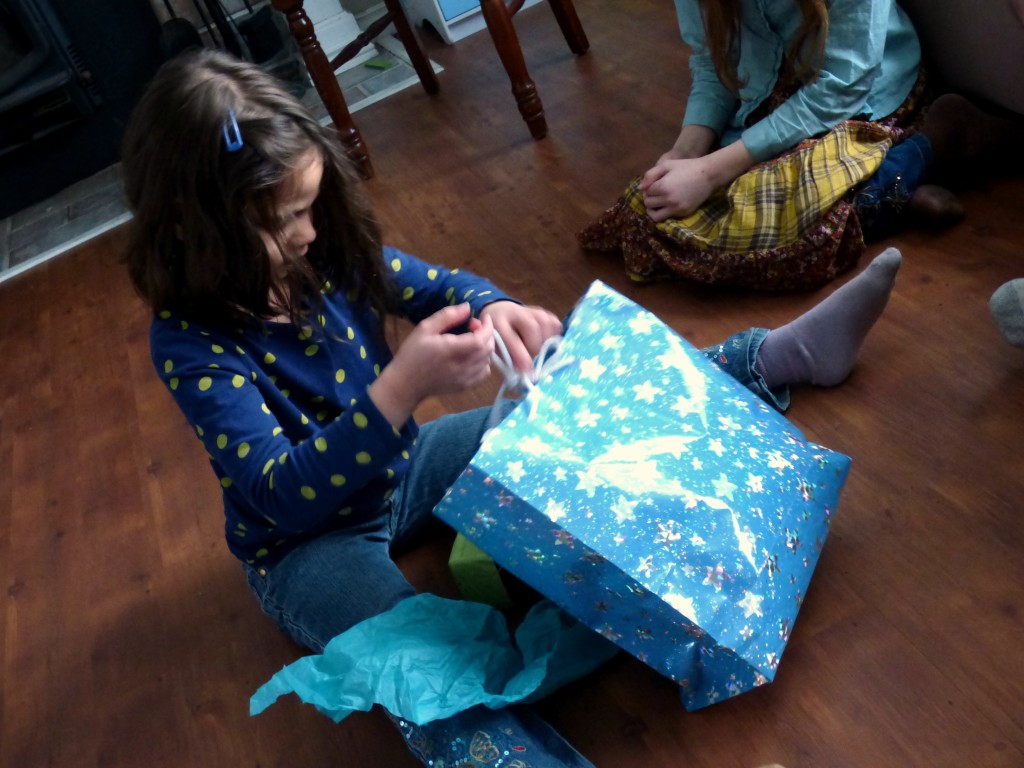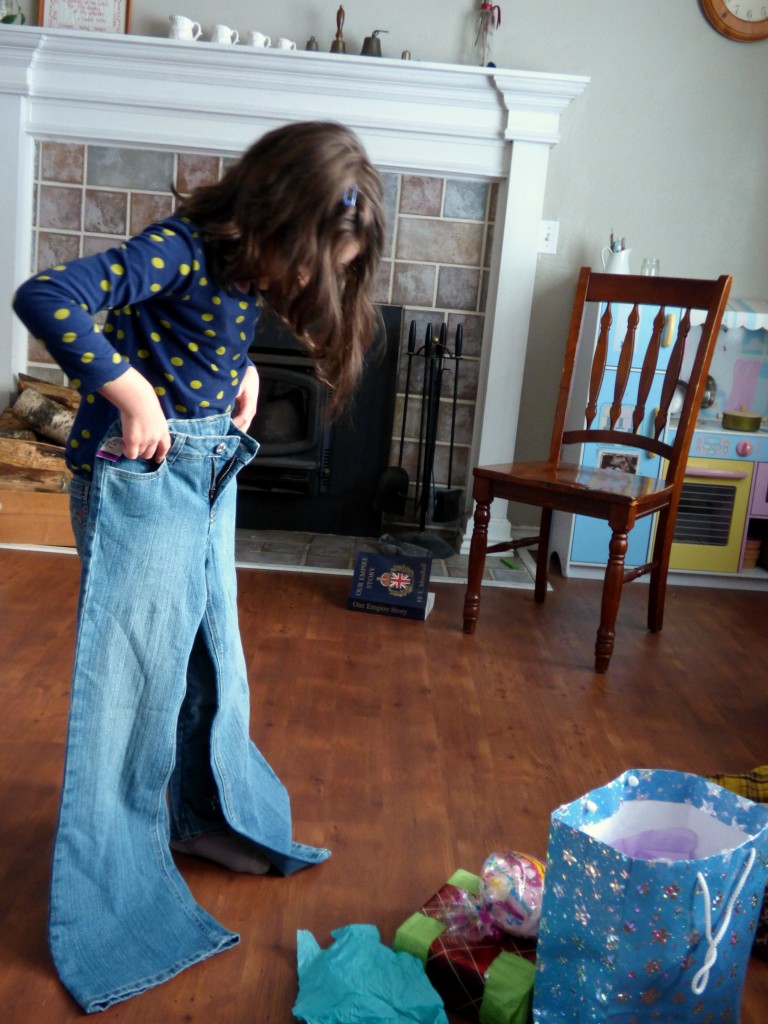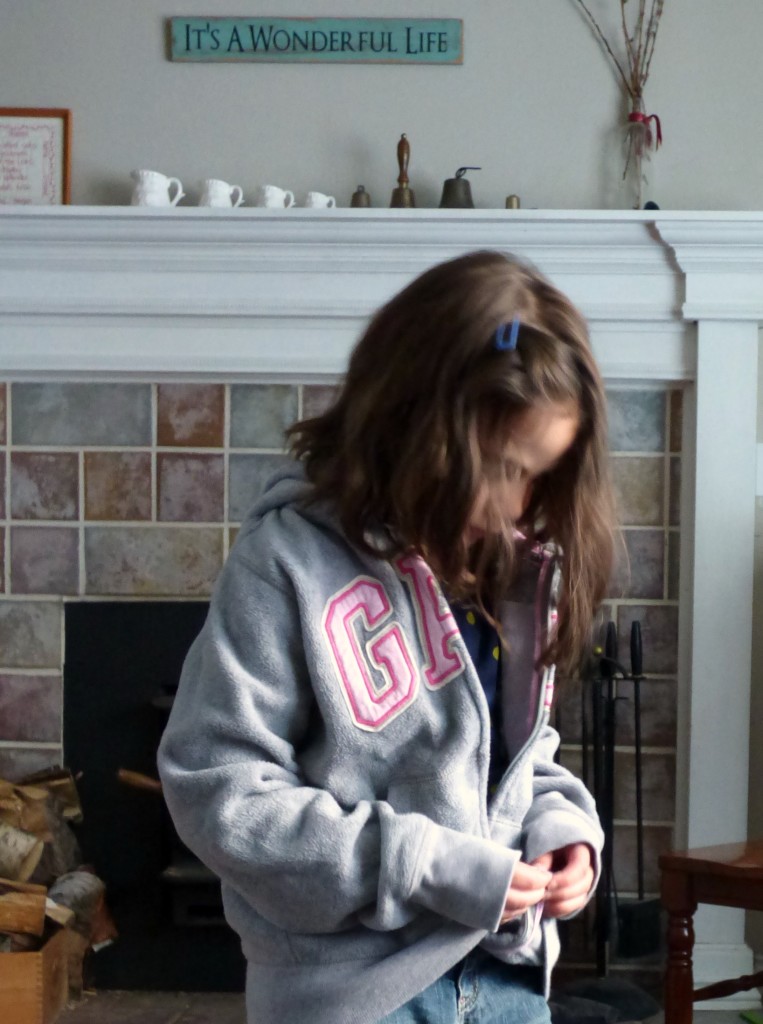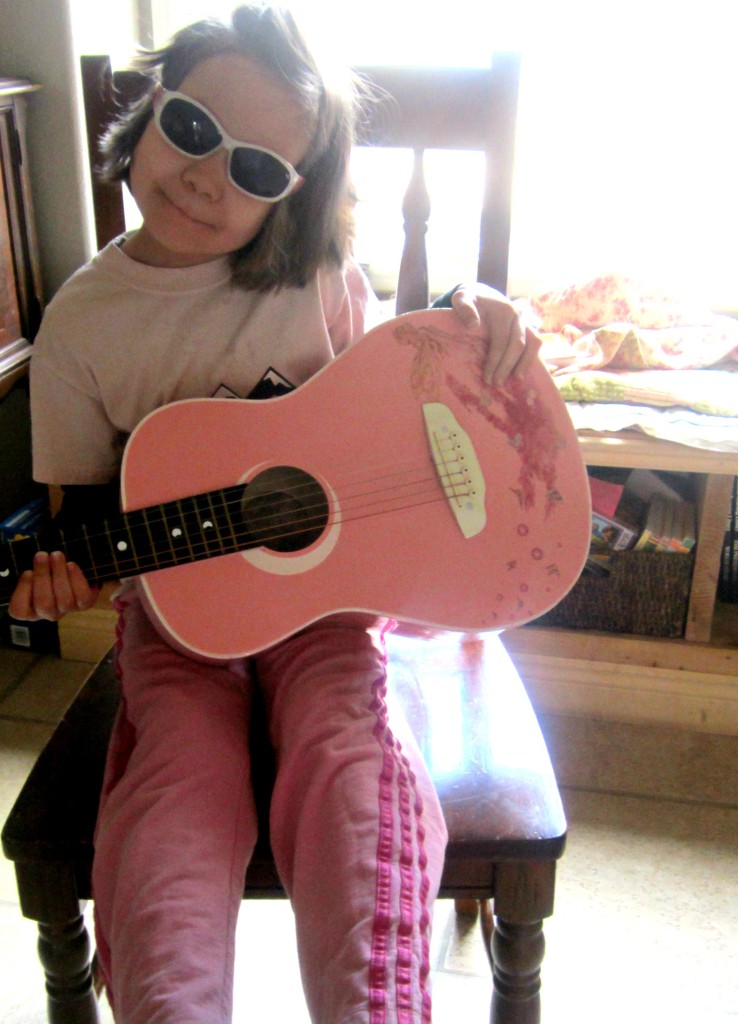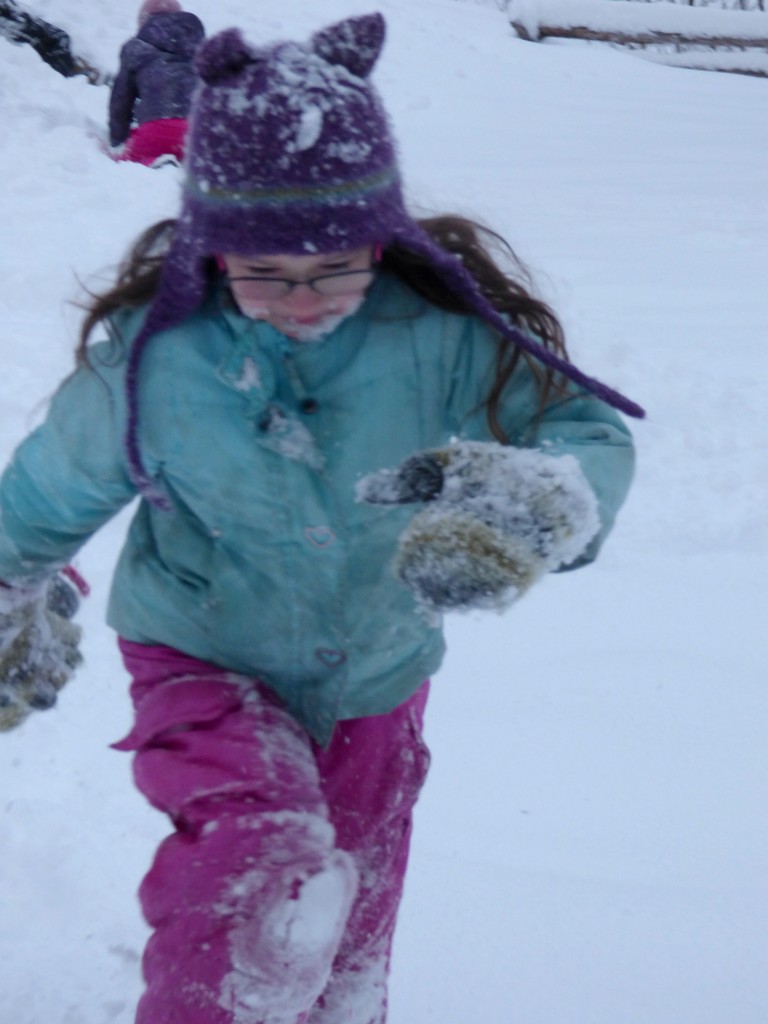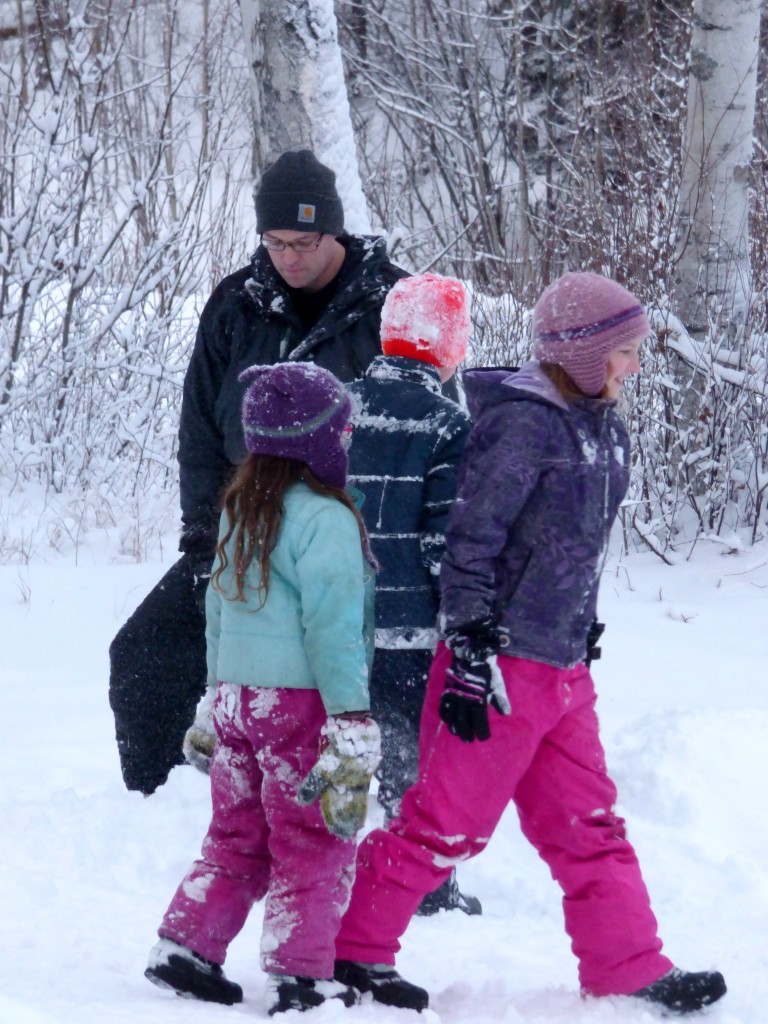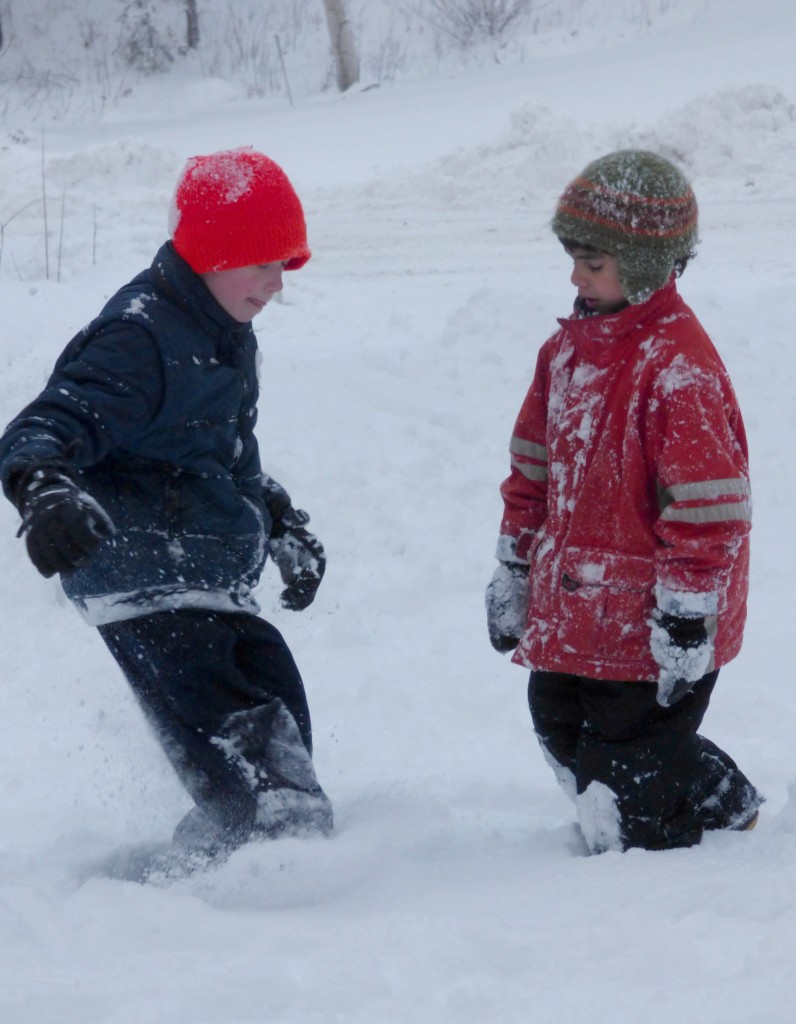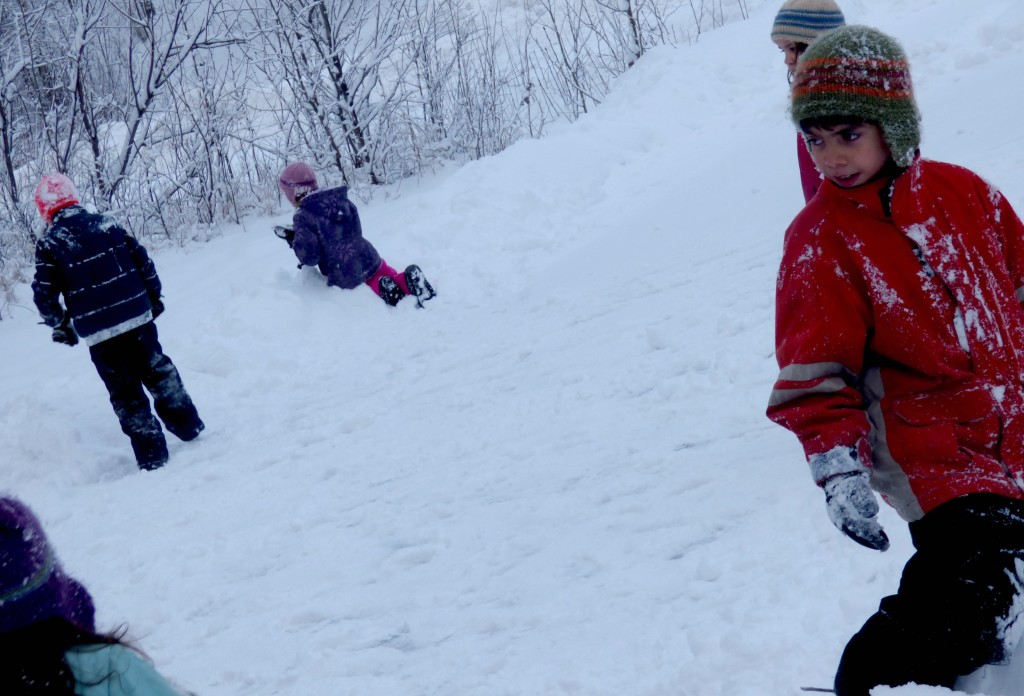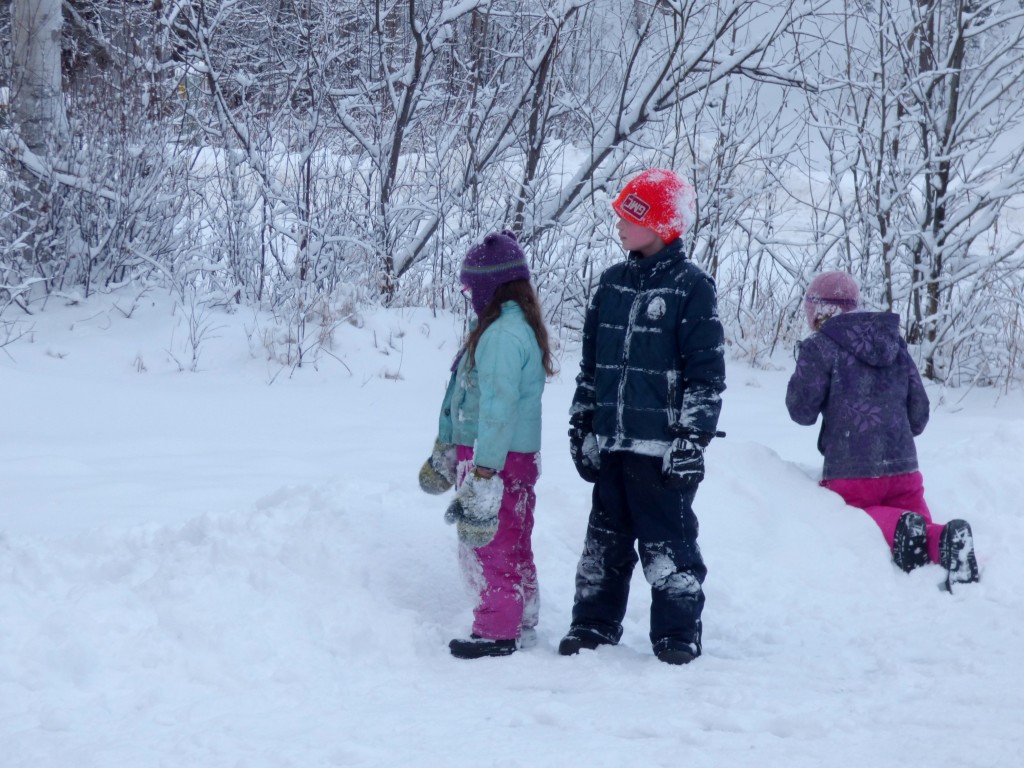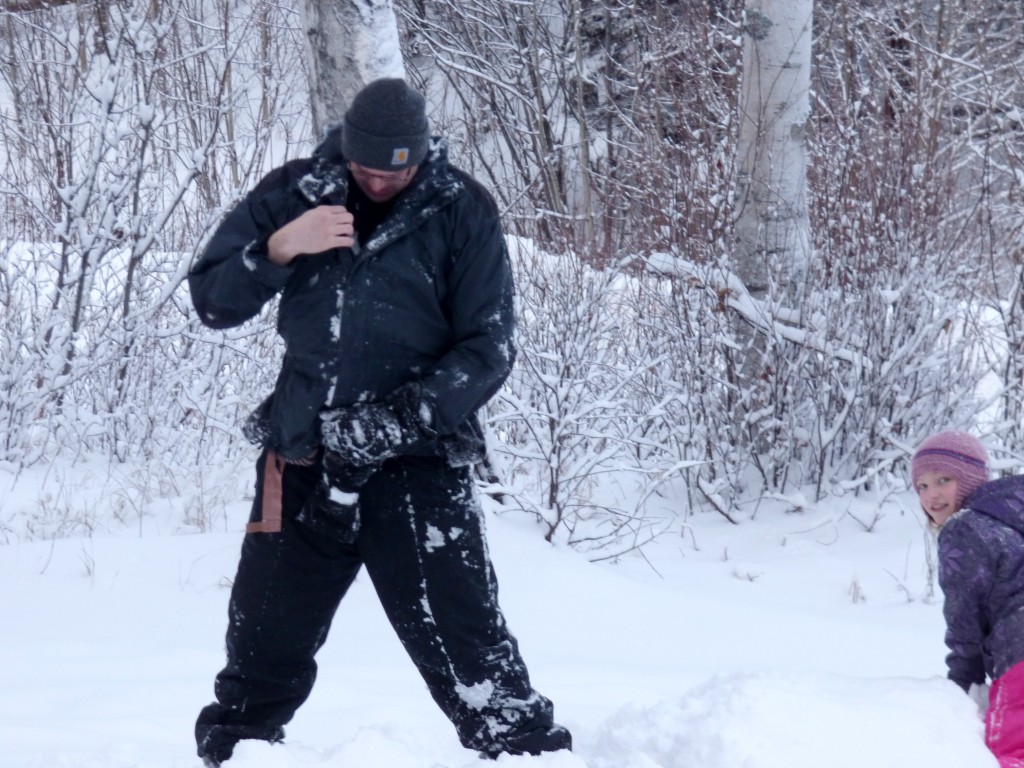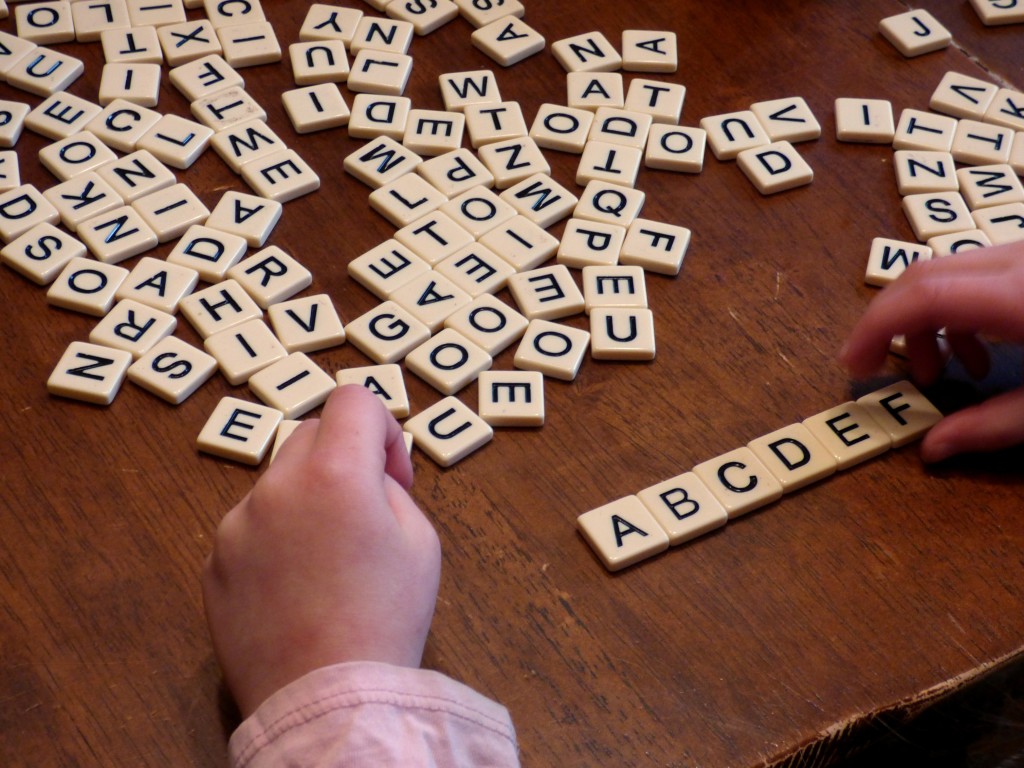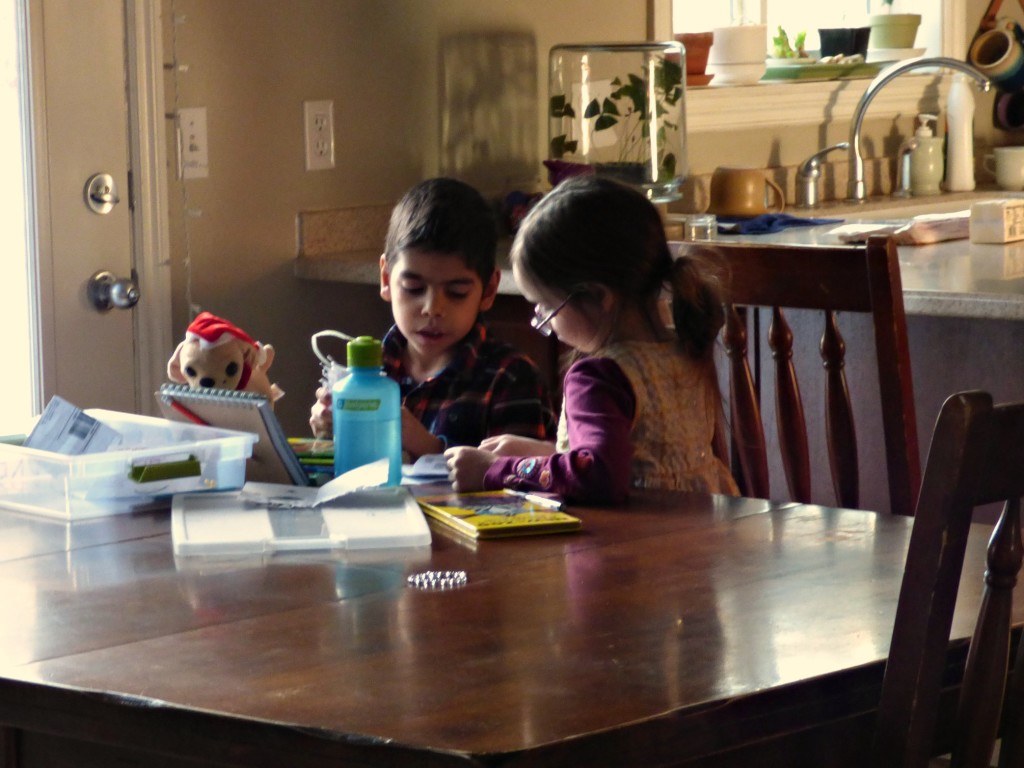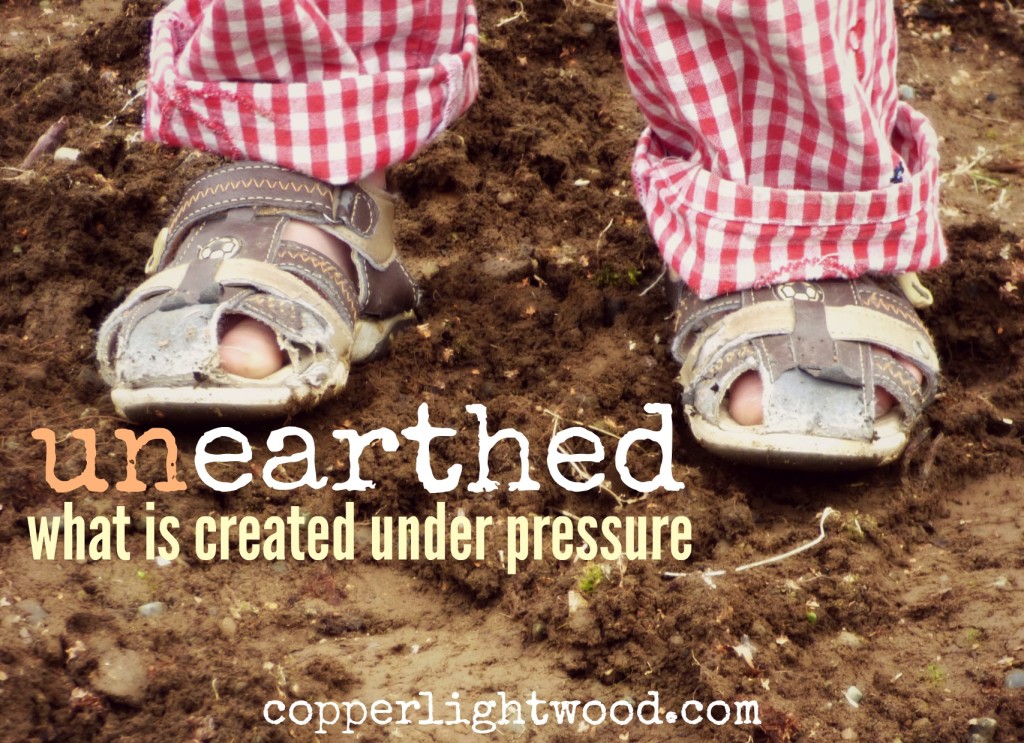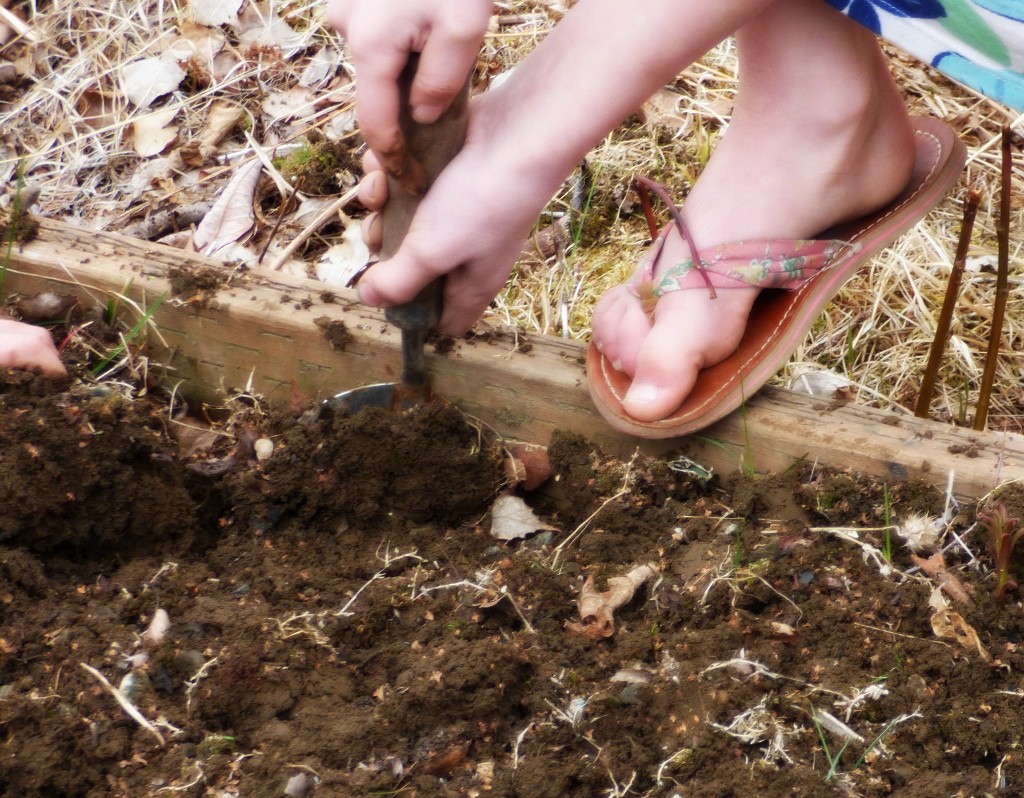She woke up with one question.
“You say, ‘Happy bootday, Reagan?’”
After 364 days of talking about what she wants to do on her birthday – to the point we had to reign in and discipline it lest she drive herself and the rest of us crazy – we finally we got to say, Yes. Happy bootday, Reagan. Today is your day.
“Do you know how old you are?”
She grins and flutters her hands. “Yes!”
“How old are you?”
“Five!! I five, mama!”
Yep. Still working on that.
She was born ten years ago. Andrey’s biological mom was seven months pregnant with him, I was six months pregnant with Afton. During their first five years, we didn’t know Andrey or Reagan existed. During the last five years, we spent two trying to bring them home, and the last three post-adoption years helping them know they are home. For good, forever.
She opens the first gift and before I know it, I hear myself say, “Do you like it?” Suddenly it’s three years ago and I’m asking the same thing in my best awkward Bulgarian. “Haresva li ti?” Please say yes. Please mean it.
And she does like them. Vin took a risk and bought size eight pants. They will fit nicely in the top of her closet while we wait for her to grow into them.
What she really loved, though, came next. “Oh! Oh! Hoo-ey, ahhhsome! Yay, hoo-ey!” I have never seen anyone so excited over hooey before.
She loves hoodies and glasses. She likes cars and coloring. What really makes her light up, though, is music. And food, of course.
Vin was home for the day, there were eight inches of fresh snow over everything and it was still coming down on our cusp of the valley. We had a snowball fight before lunch – all of us except Reagan, who wasn’t interested. She made tracks, ate snow, and watched from a safe distance. Cham also wasn’t interested, so she made herself a snow throne and sat like a queen in the middle of the action, occasionally granting boons of huge snowballs to us, and just as often getting hit in the crossfire with her own artillery.
But Andrey joined us, and for you to understand how significant it is to have him do so – and have fun – in this particular activity, I would have to remind you that he cried fat tears the first time Vince gave him a high five, thinking he was getting hit. And other times more recently, there have been big crocodile tears over the slightest jostle, trying to get siblings in trouble. The boundaries are so paper thin and fragile sometimes, us learning to trust him and him learning to trust us. We want him to know that we can carry him upside down and not drop him.
Vince and I were captains and we chose sides – I took Mattie and Andrey, Vince took Iree and Afton. Afton captured Andrey and took him to the snowbank, and Mattie and I had to Stage A Rescue.
Under heavy fire from Vince and Iree, Mattie threw Afton into the snow bank on their side and I threw – okay, gently shoved – Andrey toward the safety of the snowbank on our side. And he loved it. And then the snow was everywhere – in our eyes, stuck in our hair and melting down our faces, sailing in arcs to land on hats and backs and behinds.
(There was some hand to hand combat and it got a little messy. If you ask Vin, he might tell you some nonsense about me playing dirty and shoving a ton of snow down the front of his shirt. But that’s ridiculous; I would never have done that because he had Finnegan in the front pack under his jacket. I shoved the snow down the back of his shirt. Just so we’re clear.)
There was soup and bread inside for lunch; a movie and a nap. A normal day. A relatively easy day. The next day was harder; behavioral fallout from excitement and change still happens. Sometimes it’s over just a routine appointment, and sometimes it takes us back to behaviors we haven’t seen since those first weeks together in a hotel in Bulgaria.
Every day is a study. Will they cooperate with school – or speech – today? Will they have fun? Will Reagan join us during meals and playtime, or will she piddle the day away in the bathroom, trying to isolate herself from all of us? Will Andrey obey routines, or will he sabotage every opportunity for freedom and joy? Will Reagan remember how to count past ten today? Will Andrey pretend that he doesn’t know what the number fifteen is?
Will they know that we will do what we can to rescue them from attack, but that we won’t rescue them from the consequences of their own actions?
We are still here, a little over three years later. And the pendulum still swings, but now it usually has a more tempered, predictable rhythm.
As they get older, I hope we’ll see the right answers to all these questions. I hope they will forgive us for being imperfect parents. I hope they’ll forgive their birth parents and orphanage workers for anything they may harbor against them, heart-wise. I hope they will forgive and love themselves. I hope when it comes time to choose sides, they will choose life.
I hope they will see Jesus through their entire story, protecting, loving, correcting, and renewing. I hope they will know He is for them. I hope they wake up every morning and hear Him say, Hey, Love. Today is your day.
_____
related: a love that grows: a letter to Reagan on her eighth birthday

